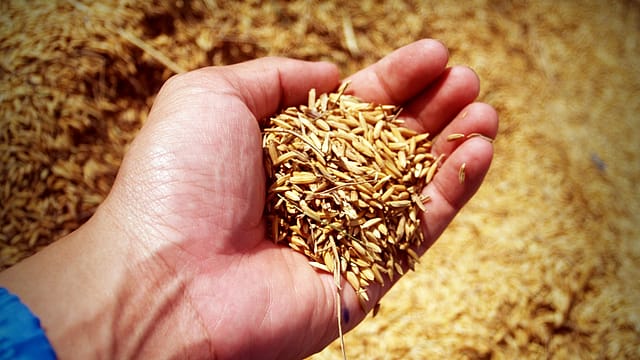Review existing agri-programmes before budget allocation, says BKS chairman Ajay Jakhar
ADVERTISEMENT

The central government should carry out a need assessment of all government-funded programmes by beneficiaries to ensure optimum delivery of funds, suggests Ajay Vir Jakhar, chairman of farmer body Bharat Krishak Samaj (BKS).
Jakhar, one of the agriculture experts who participated in the pre-Budget consultation meeting called by the finance ministry, said the assessment is important as schemes formulated without stakeholder consultations may not find enough takers. “Four years back, the agriculture ministry designed a programme to subsidize crop residue management machinery eg. Happy Seeder & Super SMS as a solution to crop burning, but it failed and thousands of crores of Rupees of the government and farmers were wasted”, he said.
Pointing out that finance minister Nirmala Sitharaman had last year asked the agriculture ministry to consult the farmers before the finance ministry’s pre-budget consultations, Jakhar said there have been none so far.
According to Jakhar, the lack of capacity in government organizations is compelling ministries and policy think tanks like Niti Aayog to form partnerships to fill the gap. “Subsequently policymaking (in areas like digitalization in agriculture, farmer producer organization (FPO) framework) is overly influenced by MOU partners whose knowledge is limited or biased”, he complained.
The funding requirement to fill the human resources gap in state-sponsored agriculture development programmes was highlighted.
Jakhar wanted Union Budget to finance a joint long-term study by ICAR and farmer organizations for the development of measurement for payment for farm eco-system services. He also wanted panchayats to be financially incentivized to sustain bio-diversity by making two-hectare bio-diversity reserves in villages with 100% cropping intensity.
January 2026
Netflix, which has been in India for a decade, has successfully struck a balance between high-class premium content and pricing that attracts a range of customers. Find out how the U.S. streaming giant evolved in India, plus an exclusive interview with CEO Ted Sarandos. Also read about the Best Investments for 2026, and how rising growth and easing inflation will come in handy for finance minister Nirmala Sitharaman as she prepares Budget 2026.
Stating that farmers grow crops in response to consumer demand and government incentives, he wanted the Budget to impose taxes on processed foods based on product nutrition value - targeting products high in salt, and sugar to change consumption patterns.
The need to allow voluntary carbon credits from farms to be traded globally to enable farmers to get the highest value, prioritize programmes for closed food loops, community markets, home gardens, backyard poultry, local sourcing for midday meals etc were also suggested in the pre-Budget interaction, Jakhar says.
The need to stop the import of produce where landing costs are below MSP was also highlighted.
